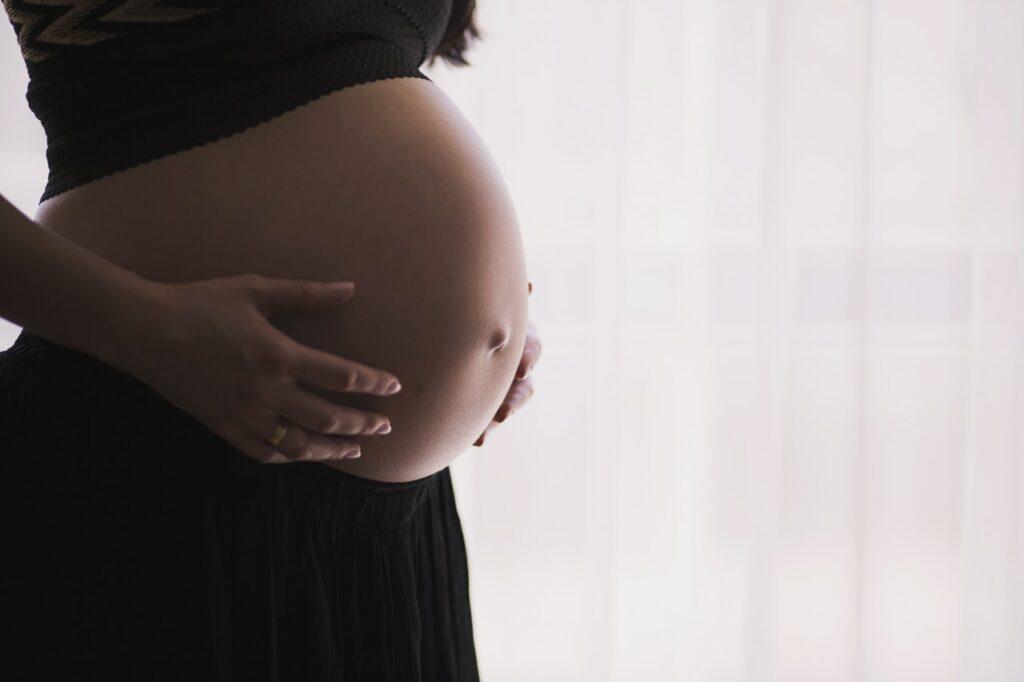A local authority in the north-west of England is bringing proceedings on the basis of a mother’s actions during her pregnancy and damage it caused to her unborn child. The claim is being made against the Criminal Injuries Compensation Authority on the basis the mother’s actions constituted an offence under section 23 of the Offences Against the Person Act 1861, in that her consumption of alcohol during her pregnancy poisoned her unborn child and caused foetal alcohol syndrome. The child, aged 6, has subsequently encountered developmental difficulties as a result of the foetal alcohol syndrome.
The case was initially heard by a tribunal who decided the conduct of the mother amounted to poisoning of the child and that the child had been the victim of a violent crime for the purposes of the Criminal Injuries Compensation Scheme. The tribunal judge made it clear he wished to challenge the well established legal principle that an unborn child cannot be a person under law. This decision was overruled by the upper administrative tribunal, applying the law as it is and holding that an unborn baby was not a person for the purposes of the Offences Against the Person Act 1861.
The local authority has now been granted permission to take their case to the Court of Appeal to present their arguments. The problem they face is that they aren’t challenging a flimsy legal principle, but one that has been the subject of definitive and reasoned case law. Take the case of Re F (In Utero) 1988 which stated that a mother’s right of autonomy cannot be violated by the courts even if her actions harm the foetus. In the case of Paton v BPAS1979 is was made clear that a foetus does not attract legal rights at all until it is born. These are just two examples but there are many more affirming this judicial stance.
If the local authority is successful, the case could create a legal precedent allowing the interference with a pregnant woman’s bodily and autonomy rights and also establish that a foetus has legal rights. However, this is unlikely as previous decisions on the point have carefully considered the public policy implications in establishing such a precedent. The Court of Appeal is likely to give the local authority’s arguments scant attention and reiterate the well established principle that a foetus has no legal rights and the mother was entitled to do as she did with her own body notwithstanding that she was pregnant. If it is the case that this legal principle is to be changed, it is most certainly a matter for legislative procedure and Parliament, not the courts.








